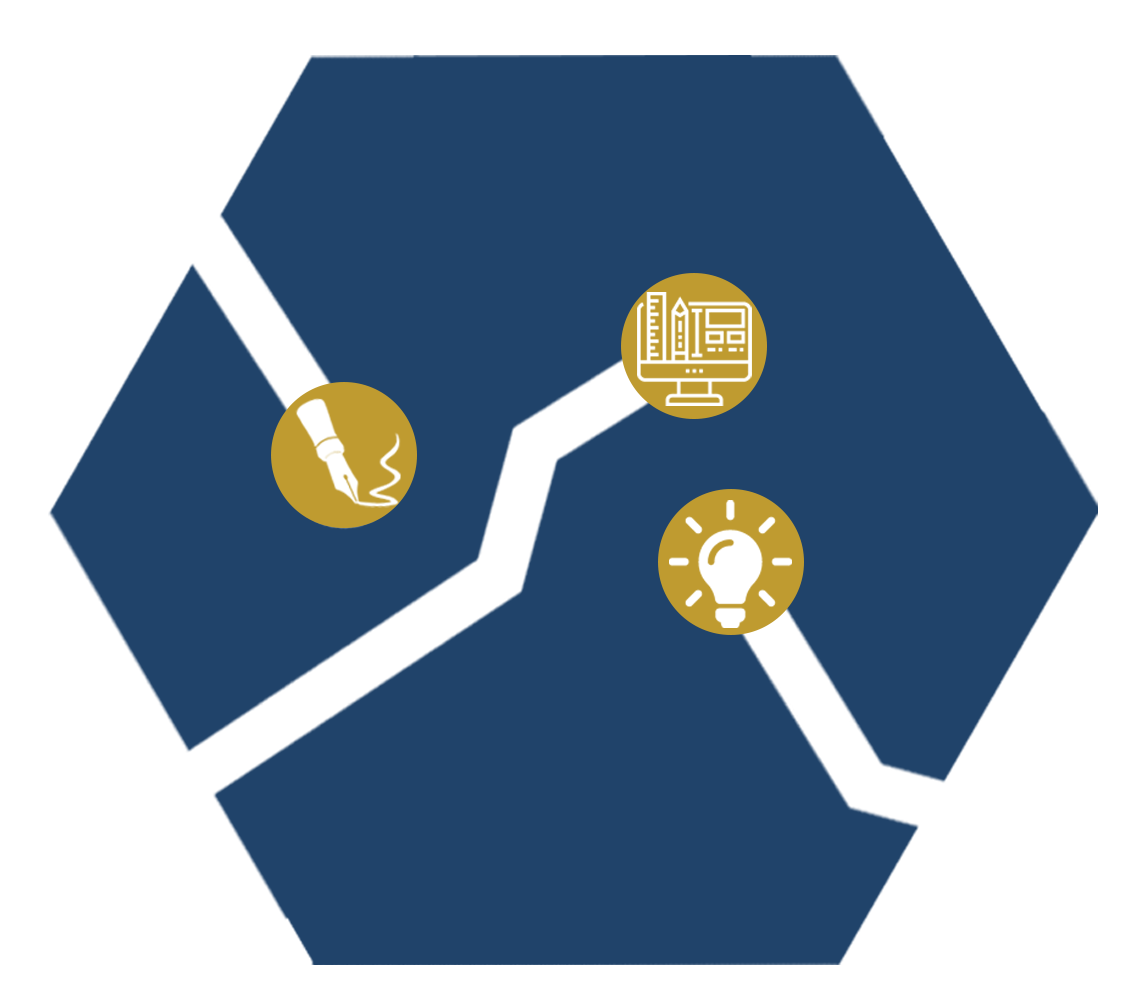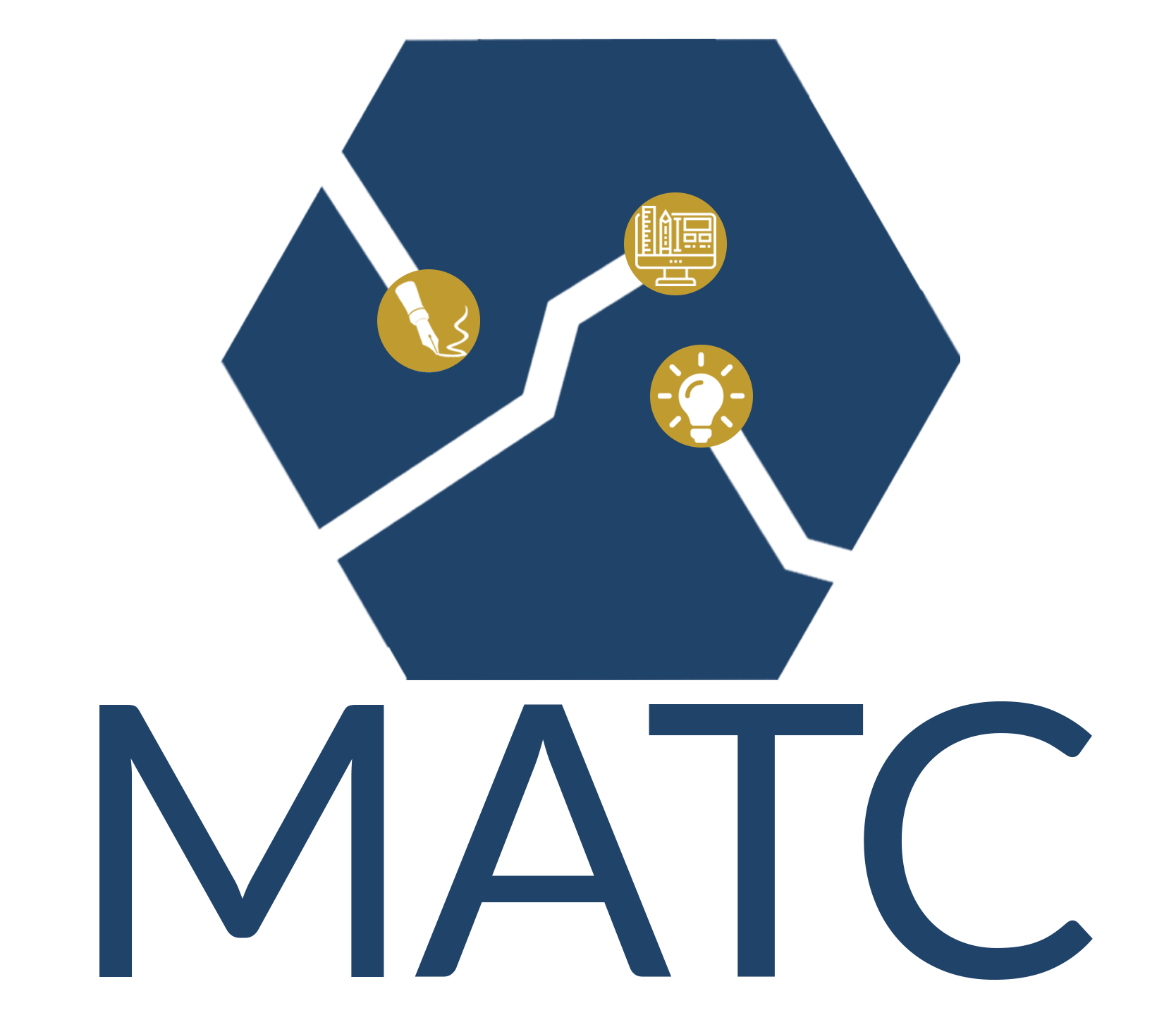Businesses are constantly seeking new and innovative solutions to acquire and manage knowledge effectively in our rapidly evolving world of technology and information. In early 2024, knowledge management is transforming: innovative trends promise to redefine the way organizations capture, organize, and use information. Today, we’ll delve into some of the most prominent knowledge management (KM) trends shaping the business landscape.

Today’s Knowledge Management
The number of organizations investing in KM continues to grow, but issues abound regarding knowledge loss and disengaged employees:
- Staying current with technology: Customers expect increased personalization, while technology changes so quickly that it’s hard to keep up.
- Changes in the workforce: More people work remotely or in hybrid situations than ever before, and attracting and retaining top talent is difficult. Workforces are widely dispersed, and geographical differences make communication challenging.
- Knowledge silos: This is not a new problem, but still present – especially in large organizations. Vital information kept within specific departments frustrates workers, harms company culture, and impacts customer experiences.
- Information overload: Companies can now access so much information that it’s overwhelming to find what is current and truthful. Filtering, analyzing, and organizing data so that workers can find what they need is more difficult than ever.
But don’t lose hope! When properly created and managed, KM systems:
- Collect and organize knowledge in a centralized system accessible to everyone who needs it.
- Facilitate learning and knowledge sharing.
- Create a common space for discussions and collaboration.
- Provide up-to-date policies and procedures, troubleshooting guides, product documentation, and more.
However, a business shouldn’t just build a system and leave it alone. It must be continuously updated to remain relevant and useful to workers. Otherwise, no one will trust the information and they won’t use the system. Keeping up with the trends in KM will help organizations keep their employees engaged with the system and ensure they are using the latest data available.
Trend 1: Artificial Intelligence (AI) and Machine Learning (ML) Integration
AI and ML continue to play a pivotal role in revolutionizing knowledge management. In 2024, we are witnessing a deeper integration of AI and ML technologies into KM systems. These intelligent systems automate mundane tasks, enhance data analysis, and provide valuable insights. Through advanced algorithms, companies can sift through vast amounts of data, extracting meaningful patterns and trends to make more informed decisions. Michael Carbin, associate professor at MIT says, “We can now translate language into something that a machine can understand. I can’t think of anything that’s been more powerful since the desktop computer.” MIT believes organizations need flexible, scalable, and efficient data infrastructures to handle generative AI. More advanced approaches can allow more equal access to data and analytics while improving security to ensure ONLY specific people can view that information.

Trend 2: Augmented Reality (AR) and Virtual Reality (VR) in Knowledge Sharing
PwC, a leading professional services firm, says “VR and AR have the potential to add $1.5 trillion to the global economy by 2030.” As the lines between the physical and digital worlds blur, AR and VR are becoming increasingly prevalent in KM. Organizations are leveraging these immersive technologies to enhance training programs, facilitate remote collaboration, and create interactive knowledge-sharing experiences. Imagine employees donning AR glasses to access real-time information overlays or participating in VR-based simulations for hands-on learning. The possibilities are limitless!
Trend 3: Blockchain for Secure Knowledge Management
In an era where data security is paramount, blockchain technology is making waves in KM. Blockchain ensures the integrity and security of information by creating an unalterable and transparent ledger. Organizations are adopting blockchain to secure their knowledge repositories, prevent unauthorized access, and establish trust in the authenticity of shared information. “The most significant innovation of blockchain is not governmental or even technological but emotional: the creation of ‘a new form of trust,’ in which you put your confidence in a store of information without relying on any single person to authenticate it – trust the system, not its parts,” wrote Kevin Werbach, legal scholar and author of The Blockchain and the New Architecture of Trust. Keep in mind that, while blockchain is incredibly secure, nothing is 100 percent hack-proof. Adopting industry best practices, implementing a cybersecurity assessment process, and updating security controls are essential to keeping information as secure as possible.

Trend 4: Human-Centric Knowledge Management
While technology continues to advance, the human element remains irreplaceable. KM is placing a stronger emphasis on human-centric approaches. This involves designing systems that align with natural human behavior, fostering collaboration, and ensuring user-friendly interfaces. “Employee knowledge is one of the most valuable yet underutilized assets to an organization, and access to organizational knowledge in real-time gives companies a competitive edge,” says Marc Vontobel, Founder & CEO of Starmind. The goal is to empower individuals to contribute their unique insights and experiences to the collective knowledge pool.
Trend 5: Cloud-Based Knowledge Management Solutions
The shift toward cloud-based KM solutions continues to gain momentum in 2024. Cloud platforms offer scalability, accessibility, cost-saving, and collaboration features that traditional on-premises systems struggle to match. Surprisingly, in an American Productivity and Quality Center (APQC) study, reducing costs was only cited by 33 percent of the organizations as their main objective for using the cloud for KM. However, 51 percent stated, “Access from anywhere on any device” as their top reason for doing so. Employees now expect to work from anywhere instead of feeling chained to the same desk in the same office, and they need to access information wherever they are working. Cloud environments help streamline knowledge sharing, enhance mobility, and facilitate real-time collaboration among geographically dispersed teams.
Final Thoughts
The trends outlined above highlight a convergence of innovative technologies and a heightened focus on human-centric approaches. The future of KM lies in seamlessly blending the power of AI, blockchain, immersive technologies, and personalized learning to create dynamic, efficient, and secure knowledge ecosystems. Embracing these trends will undoubtedly empower organizations to navigate the complexities of the information age and stay ahead in the competitive business landscape.
Related Blogs
Knowledge Management and Workplace Transitions
Write Now: Stay Ahead with the Latest Technical Writing Trends
Revolutionize Your eLearning: 2024 Trends
Resources
“Seeing is believing.” PwC. Accessed 2019. 2/1/24. https://www.pwc.com/gx/en/industries/technology/publications/economic-impact-of-vr-ar.html
“The great acceleration: CIO perspectives on generative AI.” MIT Technology Review Insights. June, 2023. Accessed 2/6/24. https://www.databricks.com/resources/ebook/mit-cio-generative-ai-report
“The Top 5 Trends of Knowledge Management Systems in 2024.” KMS Lighthouse. 12/10/23. Accessed 2/6/24. https://kmslh.com/blog/the-top-5-trends-of-knowledge-management-systems-in-2023/
Trees, Lauren. “5 Reasons Why Knowledge Management Is Moving to the Cloud.” The APQC Blog. 8/1/29. Accessed 2/5/24. https://www.apqc.org/blog/5-reasons-why-knowledge-management-moving-cloud
Vontobel, Marc. “A Human-Centric Knowledge Management Strategy for the Digital Workforce.” KM World. Accessed 2/6/24. https://www.kmworld.com/WhitePapers/BestPractices/11884-Special-Report-A-Human-Centric-Knowledge-Management-Strategy-for-the-Digital-Workforce.htm
Wetlaufer, Valerie. “What is Blockchain and How Important Is It? Data Center Knowledge. 6/12/23. Accessed 2/5/24. https://www.datacenterknowledge.com/manage/what-blockchain-and-how-important-it



